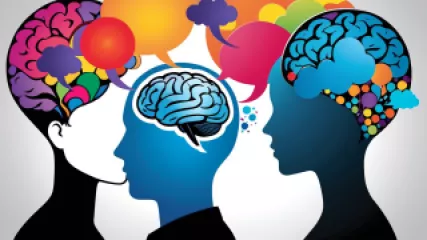Bereavement Support Lessons from Forrest Gump
1 year ago
Bereavement Support
What Are the Best Nutritional Therapy Habits for Healthy Eating?
1 year ago
Eating Habits
Research-Backed Strategies to Overcome Shyness
1 year ago
Overcoming Shyness
How Can I Manage Emotional Disorders for Better Mental Health?
1 year ago
Emotional Disorders
How to Overcome Sadness: Tips and Strategies for Mental Health Support
1 year ago
Overcoming Sadness
Navigating Life's Existential Quandaries: An Interview with a Philosopher
1 year ago
Existential Questions
Mastering Your Eating Habits: The Ultimate Guide to Making Dietary Changes
1 year ago
Eating Habits
Top 10 Eating Habits for Successful Nutrition Coaching
1 year ago
Eating Habits
Exploring Cultural Competence Through Film: Lessons Learned
1 year ago
Cultural Competence
What are effective self-care practices for mental health advocacy?
1 year ago
Advocacy in Mental Health
Identifying and Overcoming Cognitive Biases: A Practical Guide
1 year ago
Cognitive Biases
How to Explore Existential Questions
1 year ago
Existential Questions
Behind the Scenes: A Quiet Revolution - Therapy for Introverts
1 year ago
Overcoming Shyness
Boost Your Confidence: A Step-by-Step Guide to Overcoming Shyness
1 year ago
Overcoming Shyness















